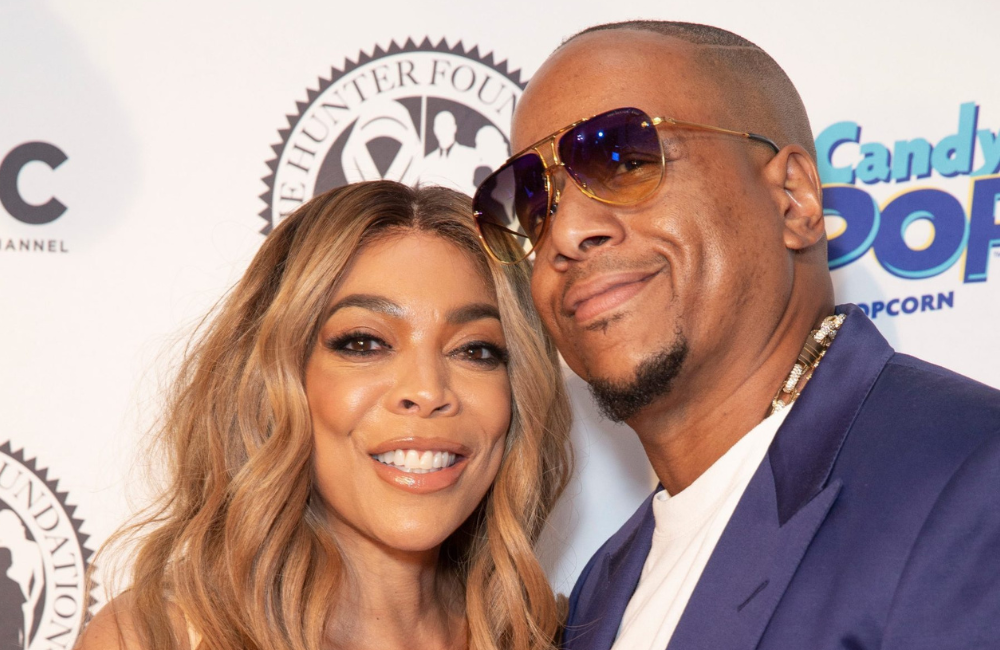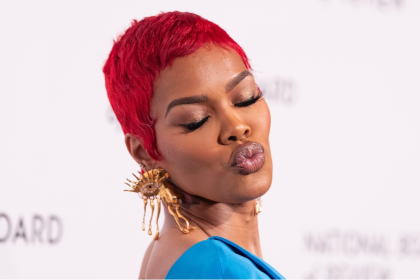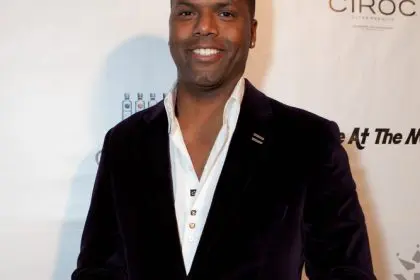Kevin Hunter, former spouse of talk show personality Wendy Williams, has encountered a major setback in his legal battle against the production team behind The Wendy Williams Show. The United States Court of Appeals for the Second Circuit has reversed a previous ruling that had initially supported Hunter’s claims of wrongful termination based on alleged marital status discrimination.
The legal reversal
Hunter’s termination from his executive producer position occurred in 2019 during his divorce proceedings with Williams. His lawsuit contended that the firing disregarded his extensive contributions to the show’s success, arguing he was removed solely because of his deteriorating marital relationship with the show’s namesake host.
The production company, Debmar-Mercury, sought dismissal of Hunter’s claims on the grounds that his specific situation did not qualify for protection under New York employment law. The Second Circuit’s decision hinged on a critical legal distinction: “marital status” legally refers to whether someone is married, single, or divorced—not the specifics of a relationship with a particular individual.
Behind the termination
During his tenure as executive producer, Hunter played substantial roles in shaping the show’s direction and content. His responsibilities encompassed oversight of popular segments including “Hot Topics” and “Shoe Cam,” as well as involvement in guest selection and marketing initiatives that helped establish the show’s distinctive identity in the competitive daytime television landscape.
Court documents show Hunter’s legal team maintained that the production company acted discriminatorily by focusing solely on his relationship status with Williams rather than his professional contributions over the years. His representatives emphasized that his work extended beyond his connection to Williams, pointing to his involvement in creative decisions that helped the show maintain its audience.
Legal interpretations at play
The appeals court’s decision centered on nuanced interpretations of discrimination law. By determining that Hunter was not terminated because he was married, unmarried, or divorced in general—but specifically because of his particular relationship with Williams—the court established that his situation fell outside the protected categories under current legislation.
This distinction might seem technical but proves critical in employment discrimination cases. The court emphasized that protection against marital status discrimination was designed to prevent prejudice against certain classes of people (married versus unmarried) rather than specific interpersonal relationships that might affect workplace dynamics.
Industry implications
The case highlights the complex relationships between personal and professional lives in the entertainment industry, where couples often work together on projects. Production companies must navigate these waters carefully, balancing legitimate business concerns against potential discrimination claims when relationships deteriorate.
For entertainment executives who work alongside spouses or partners, this ruling potentially narrows their protection against termination if personal relationships change. The decision may prompt industry professionals to seek clearer contractual protections rather than relying on discrimination laws in such scenarios.
What happens next
With the reversal of the initial favorable ruling, Hunter‘s case returns to the lower court for further proceedings. His legal team must now reconsider their strategy, potentially focusing on alternative legal theories beyond marital status discrimination. This development extends an already lengthy legal process that has unfolded publicly since Hunter’s 2019 termination.
Legal experts suggest Hunter might pivot to arguments based on breach of contract or other employment law provisions that don’t depend on protected class status. However, such approaches face their own challenges, particularly in an industry where employment often depends on personal relationships and public perception.
Ongoing challenges for Williams
This continued legal battle adds to a difficult period for Wendy Williams, who has faced numerous health challenges and personal struggles in recent years. The former talk show host stepped away from her program due to health concerns, with the show eventually concluding its run after a series of guest hosts.
Williams has been open about her battles with Graves’ disease and lymphedema, conditions that have affected her ability to work. The public nature of both her health struggles and this ongoing legal dispute with her former husband has kept Williams in headlines despite her departure from daily television.
The outcome of this case remains significant for Williams, as it continues to tie her to past relationships and business arrangements during a period when she has sought to focus on her health and potential future endeavors.
As both parties prepare their next legal moves, the entertainment industry watches closely for precedents that might affect how personal relationships intersect with professional obligations in future cases.















